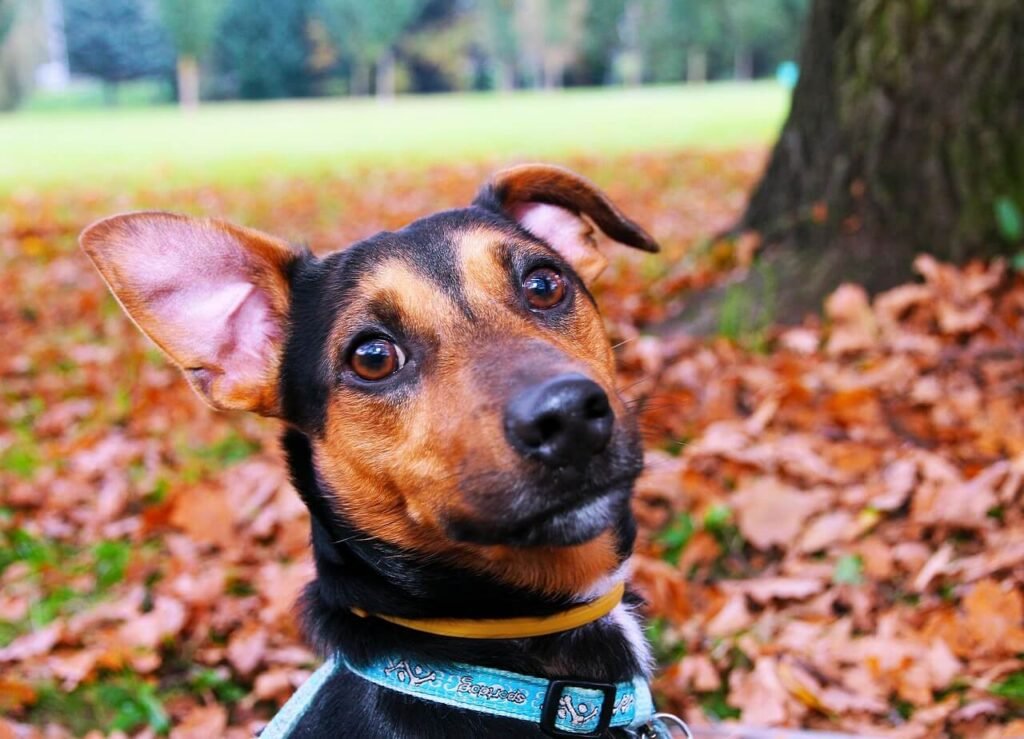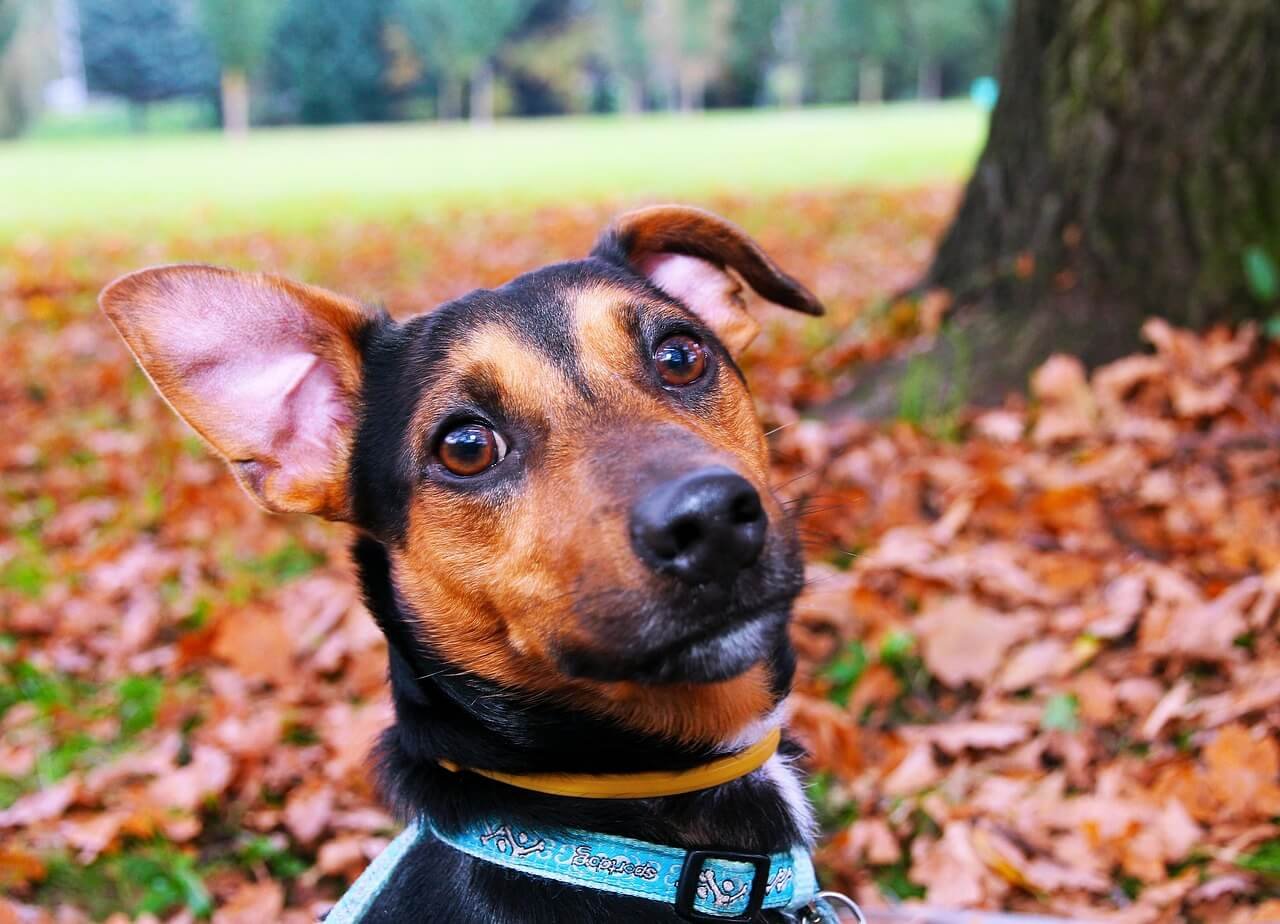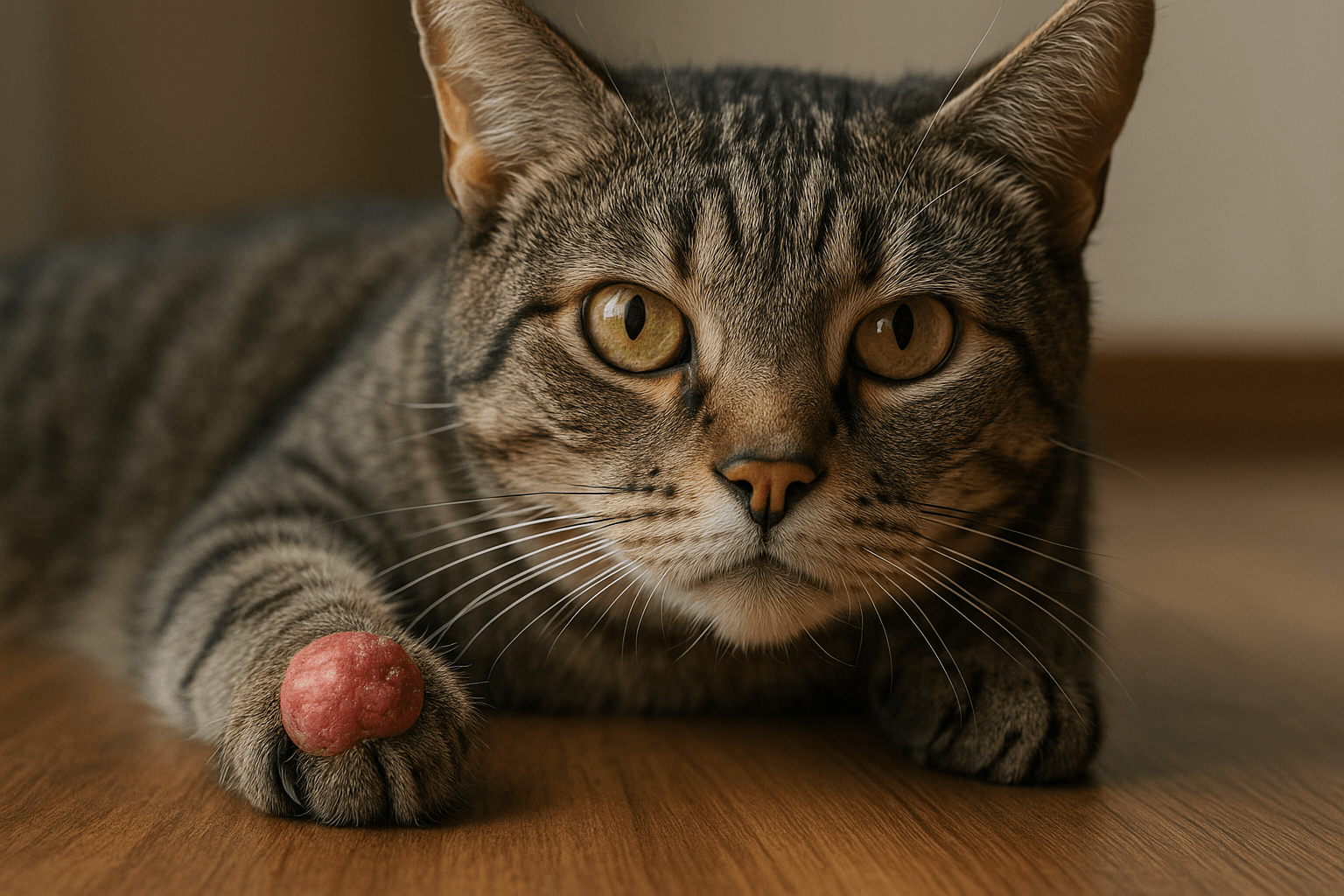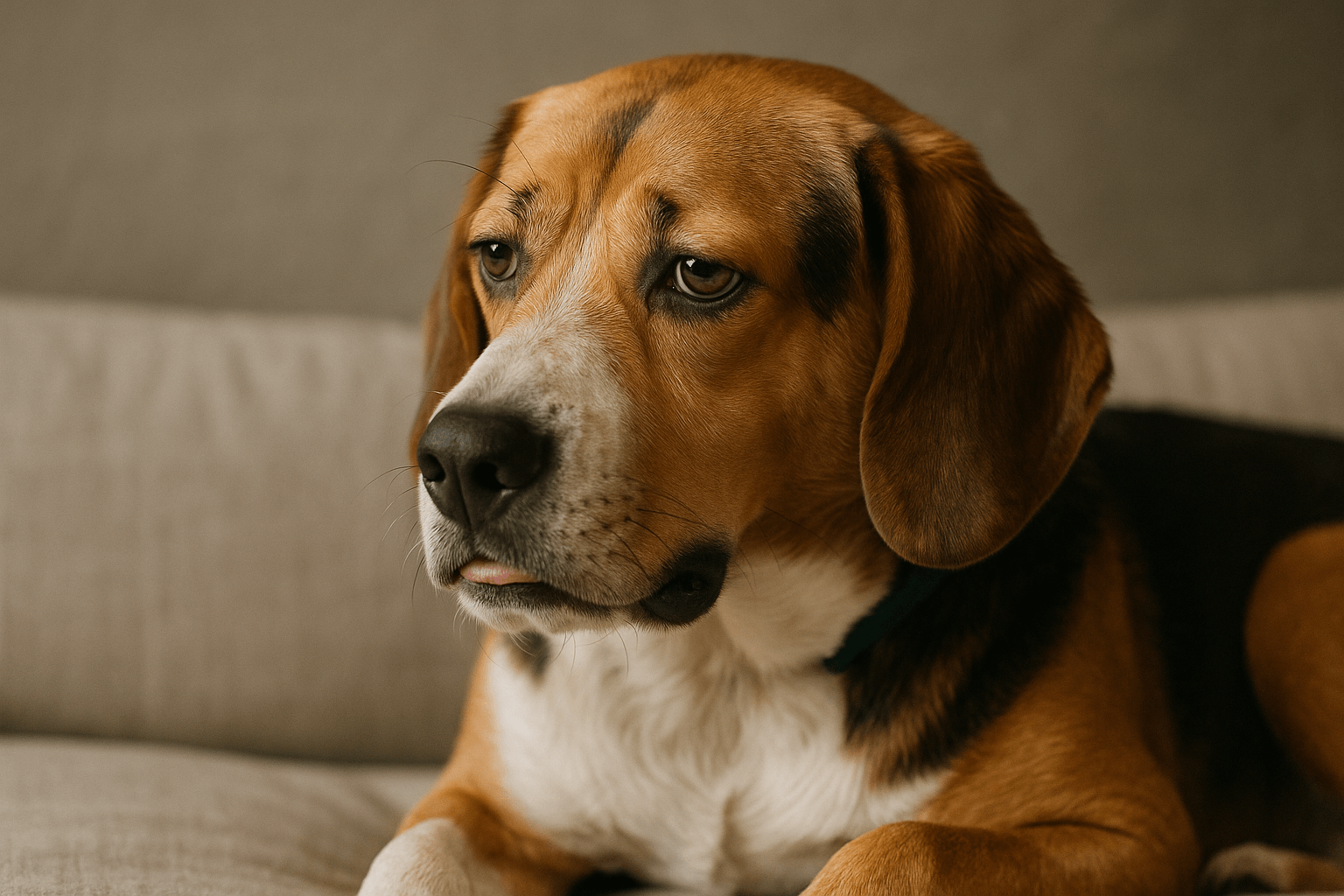Why Does My Dog Keep Licking Her Privates?
If you’ve noticed your dog frequently licking her private area, you’re not alone. This behavior can be puzzling and concerning for pet owners, but it’s often a sign of an underlying issue that needs attention. While occasional licking is normal as part of grooming, excessive or persistent licking may indicate discomfort, irritation, or even a medical condition. Understanding the reasons behind this behavior is crucial to ensuring your dog’s health and well-being. In this blog post, we’ll explore the common causes, signs to watch for, and steps you can take to address this behavior effectively.
Common Causes of Excessive Licking
Dogs lick their privates for various reasons, ranging from natural grooming habits to potential health concerns. Identifying the root cause is the first step toward addressing the issue.
Urinary Tract Infections (UTIs):
UTIs are a common cause of discomfort in dogs, leading to frequent licking due to irritation in the urinary tract.Allergies or Skin Irritation:
Allergic reactions or skin irritations around the genital area can trigger excessive licking as your dog tries to soothe the discomfort.Hormonal Imbalances:
Hormonal changes, especially in unspayed females, can lead to increased licking during heat cycles or due to conditions like pyometra.Parasites or Flea Infestations:
External parasites like fleas can cause itching and irritation, prompting your dog to lick excessively.Behavioral Issues:
Stress, anxiety, or boredom can manifest as compulsive licking, even when no physical problem exists.
Addressing these causes promptly ensures your dog stays healthy and comfortable, while ruling out serious conditions provides peace of mind.

Signs That Indicate a Problem
While some licking is normal, certain signs suggest your dog’s behavior may be linked to an underlying issue. Recognizing these red flags can help you act quickly.
Redness or Swelling:
Visible redness or swelling around the genital area indicates irritation or infection that requires veterinary attention.Foul Odor:
A strong, unpleasant smell emanating from your dog’s privates could signal an infection or hygiene issue.Excessive Discharge:
Unusual discharge, whether clear, bloody, or pus-like, is a sign of potential reproductive or urinary problems.Lethargy or Loss of Appetite:
If your dog seems unusually tired or refuses to eat, it could indicate pain or systemic illness.Changes in Urination Habits:
Frequent urination, straining, or accidents in the house may point to a urinary or bladder issue.
Being vigilant about these symptoms helps you identify when professional intervention is necessary.
Check this guide 👉 Why Is My Dog Laughing? Best 7 Expert Tips!
Check this guide 👉 Why Does My Dog Rub Its Face on the Carpet? Best 7 Tips!
Check this guide 👉 Why Do Dogs Give Kisses? Best 7 Expert Tips!
Possible Causes of Licking | Steps to Address the Issue |
|---|---|
Urinary Tract Infections (UTIs) | Schedule a vet visit for diagnosis and treatment. |
Allergies or Skin Irritation | Use hypoallergenic shampoos and consult a vet about allergies. |
Hormonal Imbalances | Spay or neuter your dog to prevent hormonal issues. |
Parasites or Flea Infestations | Apply flea prevention products and clean bedding regularly. |
Behavioral Issues | Provide mental stimulation and address sources of stress. |
How to Prevent Excessive Licking
Preventing excessive licking involves proactive care and attention to your dog’s overall health. These tips can help minimize the likelihood of this behavior.
Maintain Proper Hygiene:
Regularly clean your dog’s genital area with a damp cloth to prevent dirt buildup and irritation.Provide Mental Stimulation:
Engage your dog with toys, puzzles, and interactive play to reduce boredom-induced licking.Use Flea Prevention Products:
Apply vet-recommended flea treatments to keep your dog parasite-free and comfortable.Monitor Diet and Nutrition:
Ensure your dog’s diet is balanced and free of allergens that could cause skin irritation.Schedule Routine Vet Checkups:
Regular veterinary visits help catch potential issues early before they escalate.
By incorporating these practices into your routine, you can promote your dog’s well-being and discourage unnecessary licking.
When to Seek Veterinary Help
While some cases of licking are harmless, others require immediate veterinary attention. Knowing when to consult a professional is essential for your dog’s health.
Persistent Licking Over Several Days:
If the behavior continues despite home remedies, it’s time to see a vet.Visible Wounds or Sores:
Open sores or scabs around the genital area need medical treatment to prevent infection.Behavioral Changes:
Sudden lethargy, aggression, or withdrawal alongside licking could indicate pain or illness.Unusual Bleeding:
Any abnormal vaginal bleeding warrants a vet visit to rule out serious conditions.Difficulty Urinating or Defecating:
Straining or inability to eliminate waste points to a potential blockage or infection.
Seeking timely veterinary care ensures your dog receives the appropriate treatment and avoids complications.
Tips for Managing Allergies
Allergies are a common culprit behind excessive licking, and managing them effectively can alleviate your dog’s discomfort. Here are some practical tips to consider.
Switch to Hypoallergenic Food:
Try feeding your dog a limited-ingredient diet to identify and eliminate potential allergens.Bathe with Medicated Shampoo:
Use shampoos designed for sensitive skin to soothe irritation and reduce itching.Wash Bedding Regularly:
Clean your dog’s bedding weekly to remove dust, pollen, and other allergens.Minimize Exposure to Environmental Triggers:
Keep your dog indoors during high-pollen seasons and vacuum frequently to reduce allergens at home.Consult a Vet for Allergy Testing:
Professional testing can pinpoint specific allergens and guide targeted treatment plans.
Managing allergies proactively can significantly improve your dog’s quality of life and reduce licking behaviors.
Behavioral Interventions for Compulsive Licking
Compulsive licking often stems from psychological factors like stress or anxiety. Addressing these root causes can help curb the behavior.
Increase Physical Activity:
Daily walks and playtime burn off excess energy and reduce stress-related licking.Create a Calm Environment:
Minimize loud noises and chaotic situations that might trigger anxiety in your dog.Introduce Puzzle Toys:
Interactive toys challenge your dog mentally and distract them from compulsive behaviors.Practice Positive Reinforcement:
Reward calm behavior with treats or praise to reinforce desirable actions.Consider Professional Training:
A certified trainer or behaviorist can offer tailored strategies for managing compulsive habits.
With patience and consistency, behavioral interventions can transform your dog’s habits and restore balance to their daily routine.
Preventive Measures for Female Dogs
Female dogs are more prone to certain conditions that lead to excessive licking, particularly involving their reproductive system. Taking preventive measures can safeguard their health.
Spay Your Dog Early:
Spaying reduces the risk of pyometra, uterine infections, and hormonal imbalances.Monitor Heat Cycles Closely:
Keep track of your dog’s heat cycles to identify abnormal behaviors or symptoms.Keep the Area Clean:
Gently clean the genital area during heat cycles to prevent irritation or infections.Watch for Signs of Pyometra:
Symptoms include lethargy, loss of appetite, and excessive licking—seek immediate veterinary care if suspected.Maintain a Healthy Weight:
Obesity can exacerbate reproductive issues, so ensure your dog stays at a healthy weight through proper diet and exercise.
By focusing on prevention, you can protect your female dog from common issues that contribute to excessive licking.
Frequently Asked Questions About Dogs Licking Their Privates
Why does my dog lick herself after peeing?
It’s typically a natural cleaning instinct, though frequent licking post-urination could indicate a urinary tract infection or irritation.
Can male dogs exhibit similar behavior?
Yes, male dogs may also lick their privates excessively due to infections, injuries, or behavioral issues.
Should I stop my dog from licking completely?
Not necessarily; occasional licking is normal. However, excessive licking warrants investigation into its root cause.
Are there home remedies to address mild cases?
You can try gentle cleaning with dog-safe wipes or soothing creams, but always consult your vet first.
How do I know if it’s anxiety-related?
Anxiety-induced licking often occurs alongside other signs like panting, pacing, or destructive behavior.
Understanding and Addressing Your Dog’s Licking Behavior
Excessive licking of the private area is a behavior that shouldn’t be ignored, as it often signals an underlying issue requiring attention. By understanding the potential causes, recognizing warning signs, and taking proactive steps, you can ensure your dog remains happy and healthy. Whether the issue stems from a medical condition, behavioral quirk, or simple hygiene need, addressing it promptly strengthens the bond between you and your furry friend. Remember, your veterinarian is always your best resource for diagnosing and resolving concerns—don’t hesitate to reach out for expert advice.
Cuterebra Larvae in Cats: Best 7 Expert Tips! – Expert advice on signs, treatment & prevention of this rare but serious feline parasitic infestation.
Cuterebra Larvae in Dogs: Best 7 Expert Tips! – Expert advice on signs, treatment & prevention of this rare but serious parasitic infestation.
Cat Tumor on Paw: Best 7 Expert Tips! – Expert advice on signs, diagnosis, treatment & care for feline paw tumors.
Panacur Side Effects in Dogs: Best 7 Expert Tips! – Safe usage, common reactions & when to call the vet.





